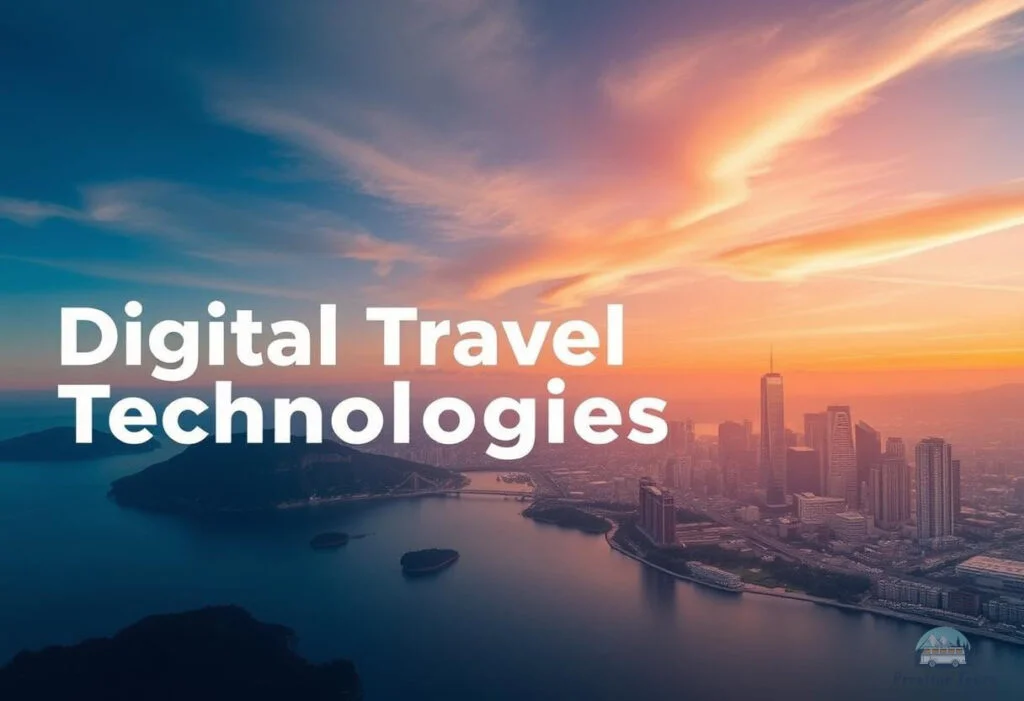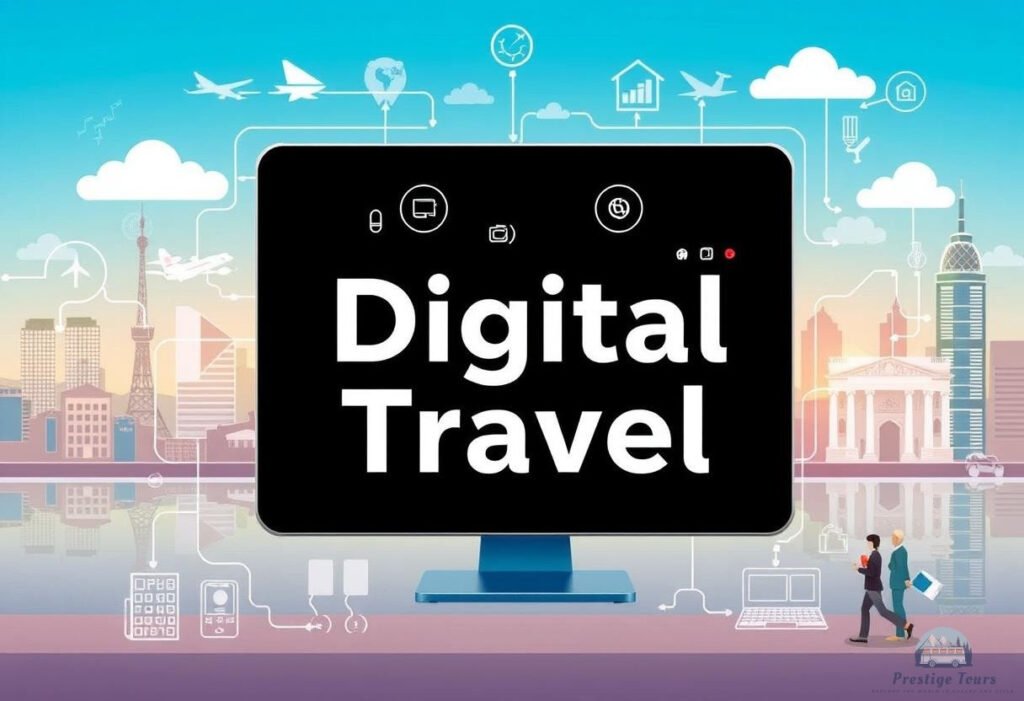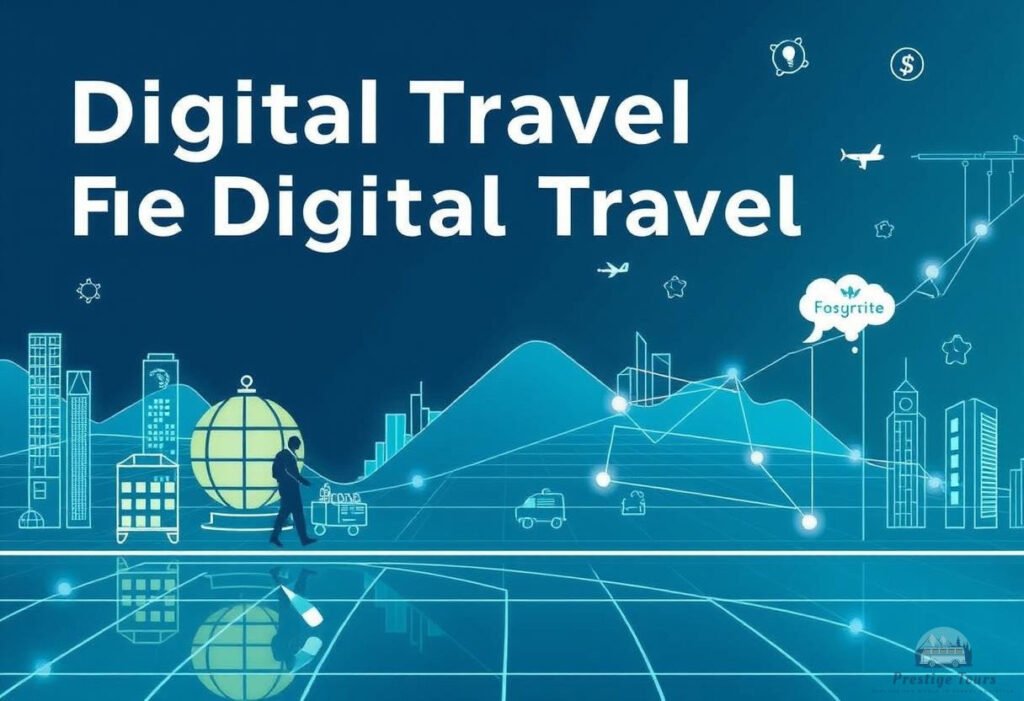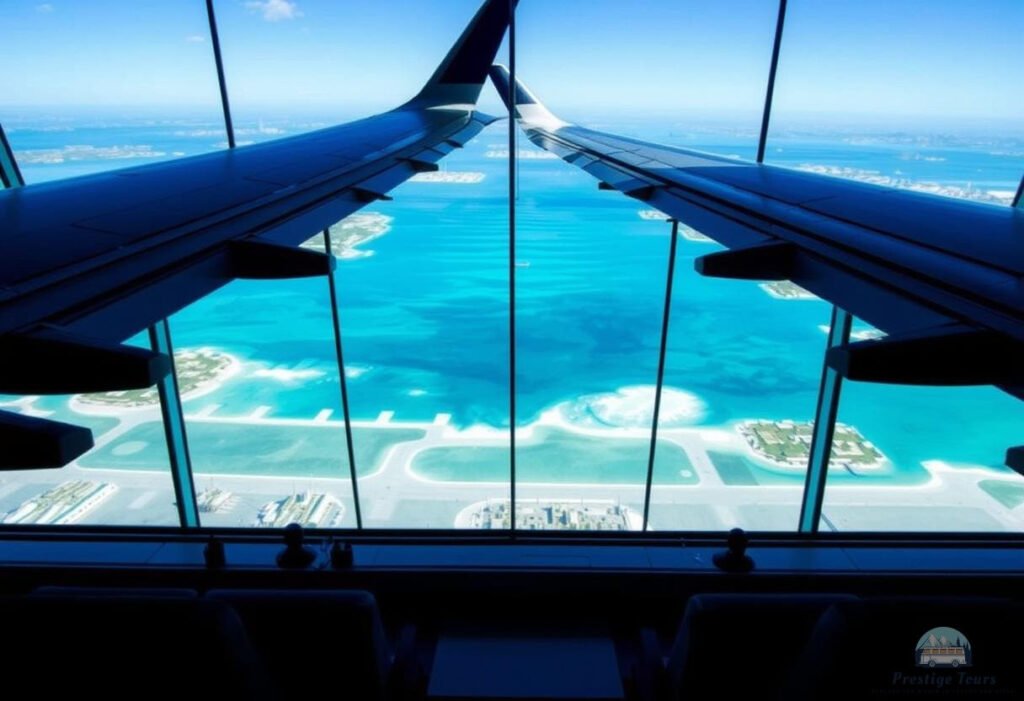Intelligent Travel: How Technological Innovations Are Shaping New Levels of Comfort and Pleasure in Air Travel, Accommodation and Dining
In recent years technology in travel are becoming key drivers of changes in travel statistics and preferences. Modern travelers increasingly expect from their trips not only functionality, but also a high level of comfort and an individual approach. Technological innovations are changing air travel, the hotel business and the gastronomic sphere.
Air Transport and Technological Innovations
One of the significant changes in air travel is the introduction of digital technologies. Now passengers can:
- Book tickets through mobile applications and websites.
- Use electronic boarding passes.
- Track flights and get up-to-date information on delays.
In addition, the implementation of AI (artificial intelligence) technologies helps airlines better manage routing and predict peak loads. For example, Delta Airlines uses analytics tools to optimize flight loads, minimizing delays and increasing customer satisfaction.
Accommodation and Smart Hotels
The hotel business is also not staying away from technological changes. The "smart hotel room" system allows:
- Adjust lighting and climate control using mobile apps.
- Order services through voice assistants.
- Conduct check-in and check-out without the participation of staff.

According to a study conducted by the International Hotel Association, 67% respondents prefer hotels that offer modern technology and a personalized service. Hotels like Marriott have already implemented such solutions, improving the overall guest experience.
Gastronomy: Innovations in Cooking
Technology in Travel are also changing the culinary experience dramatically. The development of mobile applications allows travelers to:
- Find the best restaurants based on reviews and recommendations.
- Order food through special delivery platforms.
- Participate in culinary master classes using new technologies such as VR (virtual reality).
At restaurants like Noma in Copenhagen, chefs are using 3D printing to create unique culinary masterpieces that are not only delicious but also visually stunning.
Conclusion: Merging Technology and Travel
The travel technology market has shown steady growth since 2019, according to a report from Allied Market Research. It is expected to exceed $1.6 trillion by 2027. Innovations are not only making travel more convenient, but also opening up new opportunities for personalized experiences.
Thus, the influence technologies in travel cannot be ignored, and they continue to shape a new level of comfort and pleasure in both air travel and the hotel and gastronomic industries. Innovative solutions are becoming part of the daily life of the modern traveler, opening up new horizons for him.
For a more detailed study of this topic, please read our articles:
- Technologies in tourism
- New in the hotel business












